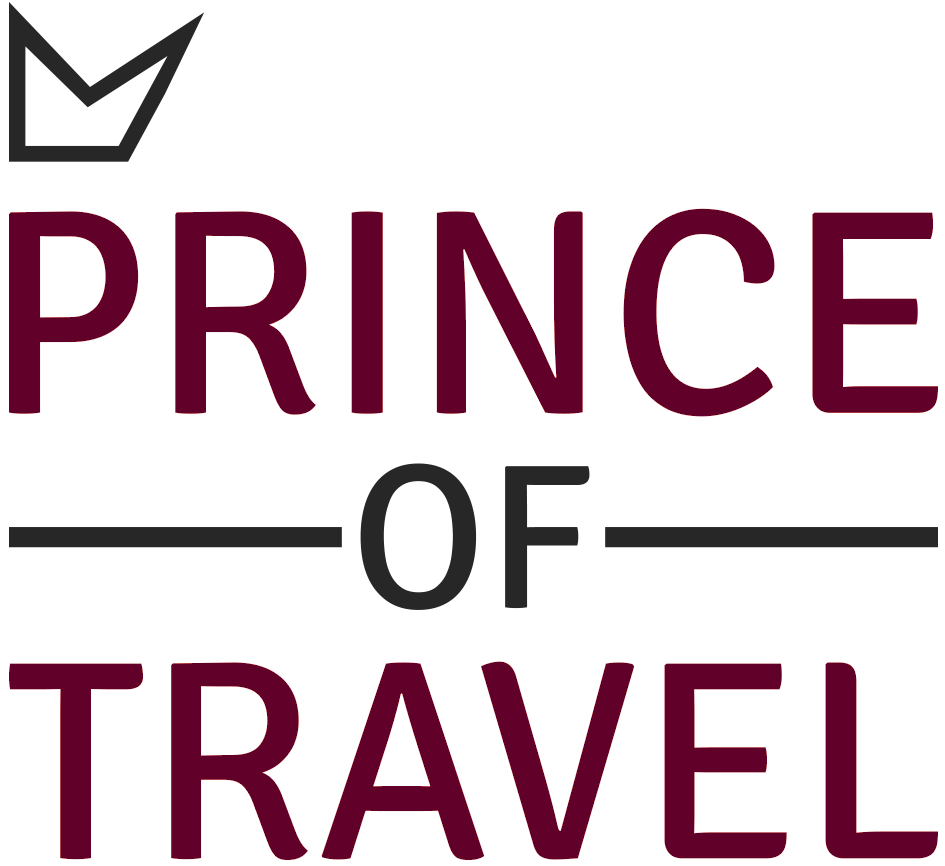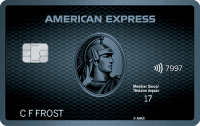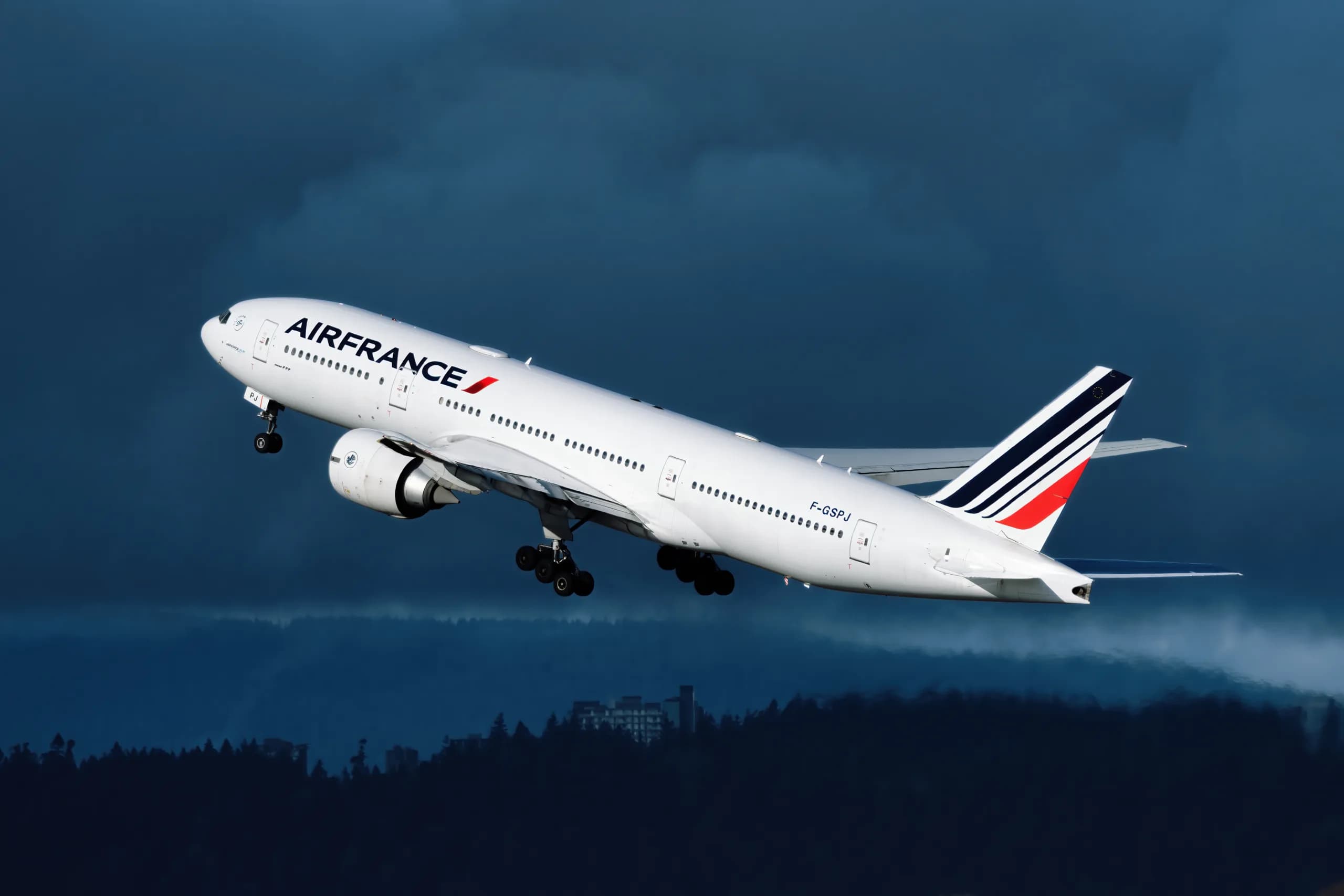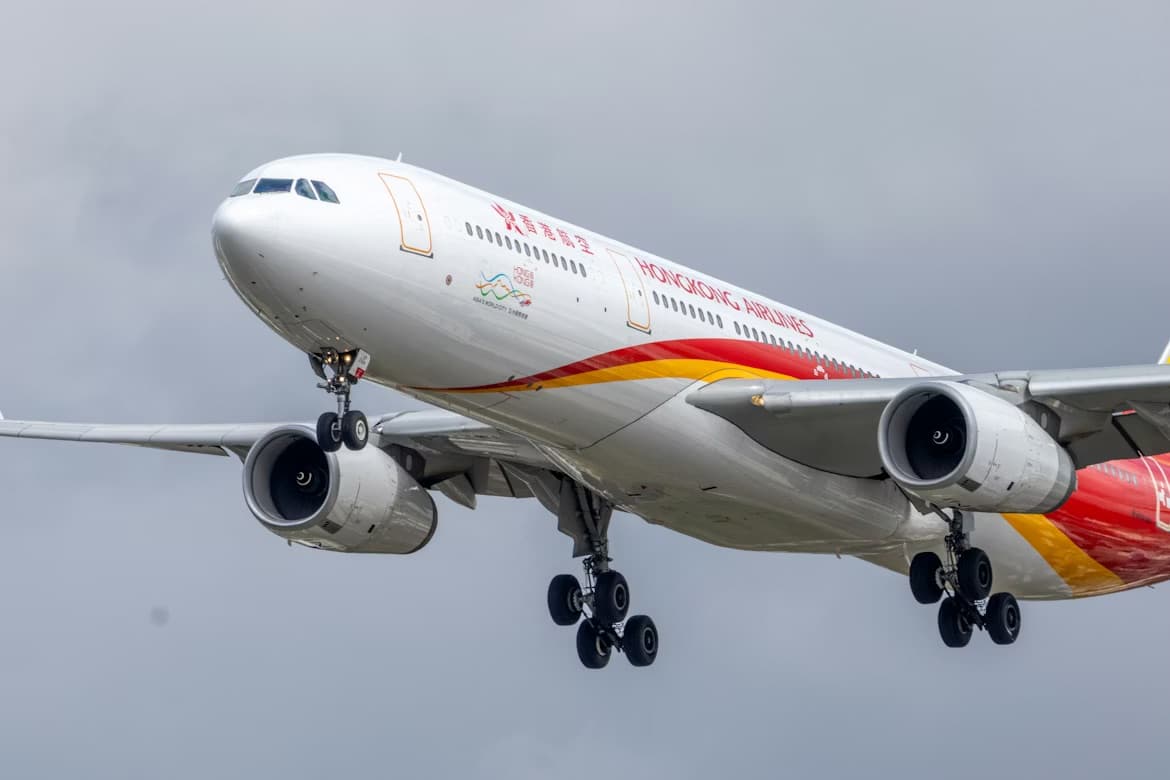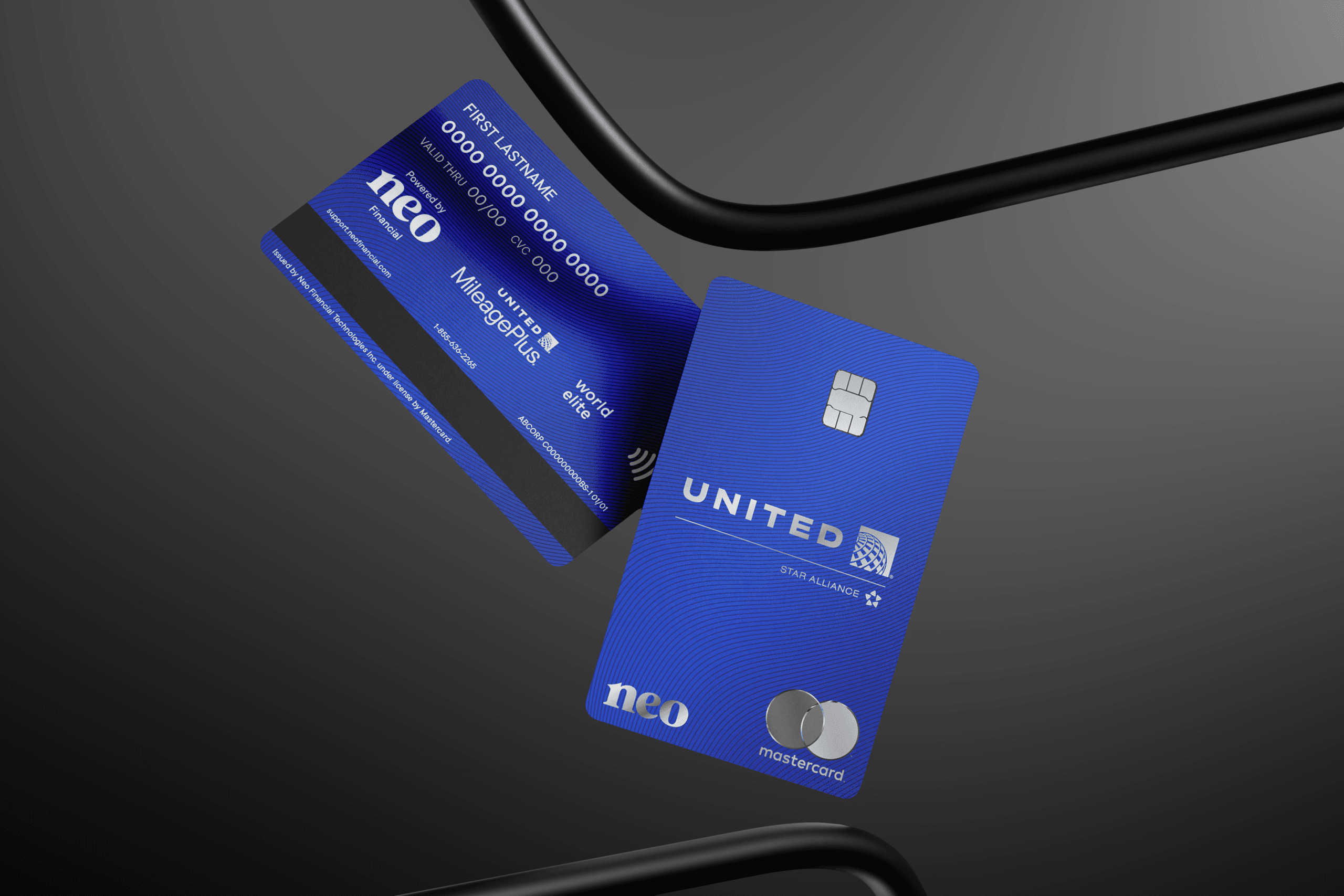US Land Border Reopening to Canadian Travellers: What You Need to Know

The US–Canada land border has has been a source of confusion for many throughout the pandemic. Canadians have been able to fly across the border for any reason, including tourism, but only cross by land if they had an “essential purpose”.
For some, that meant having to fly eight hours with two connections right across the border, rather than a simple one-hour drive.
There’s exciting news on this front: the United States will be finally opening all borders to fully vaccinated travellers on November 8, 2021, including the land and air borders.
For many Canadians, this will represent their first visit to the US since the pandemic began, as land border traffic represented more than half of all Canadians’ visits to the US in 2019.
United States Travel Restrictions
As of November 8, 2021, all vaccinated travellers will be granted entry to the United States, regardless of their method of entry.

How Can Canadians Enter the United States?
Travellers will be allowed to enter the US by land, sea, and – as has been the case throughout the pandemic – by air. As of October 2021, when departing Canada by air, travellers are required to present proof of vaccination.
When flying to the US, travellers must fulfill all of the following as of November 8, 2021:
- Present proof of vaccination.
- All WHO-approved vaccines are accepted. Mixed doses are accepted.
- Present a negative COVID-19 test taken within one day of departure of the final leg of the journey.
- This can be an antigen or a PCR test.
- Present a completed attestation form.
When crossing into the US via land or sea borders, travellers will only need to provide proof of vaccination. No negative COVID-19 test is required. Beginning November 30, 2021, Canadians who leave the country for less than 72 hours won’t require any COVID-19 testing to re-enter the country, making weekend trips to the U.S. by land a lot more more convenient.

Testing & Quarantine Upon Return
As of April 1, 2022, a negative test is no longer required prior to travelling back to Canada.
If you need to find a test, you should know that COVID-19 tests across much of the United States are free for residents, and also free for tourists in many cases. In most states, it’s easy enough to locate a Walgreens or a CVS for free testing.
For example, New York’s LabQ offers easily accessible free antigen tests, as well as PCR tests with a 24-hour turnaround, which I took advantage of recently prior to a return flight to Canada.
In addition, fellow Prince of Travel team member Jayce has written about how to obtain free COVID-19 tests in the United States.
Alternatively, consider purchasing a Switch Health RT-LAMP or antigen test kit for an easy remote testing option via telehealth video link.

Current Health Requirements in the United States
Health requirements in the US vary greatly by state, and even county to county.
In New York City and Los Angeles, face masks are required in all indoor settings, including on public transportation and inside restaurants when not eating. New York City also requires proof of vaccination to use non-essential indoor services, such as restaurants and gyms.
Keep in mind that despite county restrictions, individual institutions are also allowed to have their own mask requirements; to take one example, the Monterey Aquarium in Central California requires everyone over 2 years of age to wear a mask, despite more relaxed county laws.
In some states such as Florida, Utah, and Texas, there are no mask requirements or any capacity restrictions to speak of.
By federal mandate, masks are required on all domestic US flights.
How to Get to the United States
If you’re just heading over the border to pick up items from the PO Box, driving might be the optimal method after November 8, as you can simply make a quick day trip.
(Remember, even though you don’t need a test to enter the US, you’ll still need one to return to Canada – although this test can be taken in Canada before your departure if it’s a short trip.)
When redeeming points for flights to the US, Aeroplan charges 6,000 points in economy class or 15,000 points in business class one-way for flights up to 500 miles. Between 501 and 1,500 miles, Aeroplan charges 10,000 points in economy class and 20,000 points one-in business class, one-way.
However, dynamic pricing on Air Canada means that it’s common to see prices both above and below the fixed cost.

Longer transcontinental routings such as Toronto–Los Angeles would cost 12,500 points in economy class and 25,000 points in business class, one-way. Given that many of these are operated with lie-flat seats, it’s worth splurging your eUpgrades with a little extra effort using the “Latitude Attitude”.

Another way of getting to and around the US is flying American Airlines using British Airways Avios.
Short flights under 1,150 miles will cost 7,500 Avios in economy class and 9,000 Avios in business class.

Longer flights from 1,151 to 2,000 miles will cost 11,000 Avios in economy class and 22,000 Avios in business class.

US Ending Travel Bans from Select Countries
Perhaps in even more exciting news, November 8, 2021 also represents the day that the US will be dropping all their travel bans, which currently apply to any foreign traveller who has been in the UK, Ireland, the Schengen Area, China, Iran, India, or South Africa over the past 14 days.
This means we are once again able to the transit via the US on the way to Canada from international destinations such as Europe. The Lufthansa First Class Terminal in Frankfurt is open to us once again!
Conclusion
Finally, the United States will be opening the land border to Canadians as of November 8, 2021. All Canadians will be able to cross into the US by land with only proof of vaccination required.
If you are flying to the US, a negative COVID-19 test taken within the last three days continues to be required, along with proof of vaccination requirement for all flights departing from Canada as of October 30.
COVID-19 restrictions in the United States vary greatly, from proof of vaccination required in some counties to zero restrictions in others. Be sure to check the rules for all the counties and states you plan to visit.
As always, you can refer to our Travel During COVID-19 Resource for Canadians for the most up-to-date information on travelling in the pandemic era.

First-year value
$336
Monthly fee: $15.99
• Earn 1,250 points per month upon spending $750 per month for 12 months
Earning rates
Key perks
- Transfer to airline and hotel partners
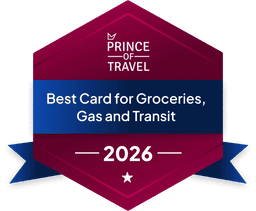
Monthly fee: $15.99
• Earn 1,250 points per month upon spending $750 per month for 12 months
Earning rates
Key perks
- Transfer to airline and hotel partners
